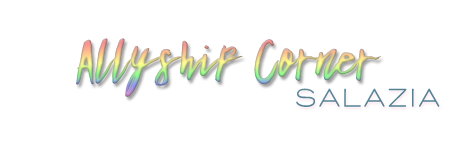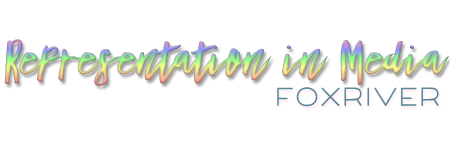Thank you for joining me today with this edition of Allyship Corner. With so many things going on in the world, please proceed with caution, as the subjects discussed may be triggering to some individuals.
Given everything happening, it can be hard to stay up to date with many changes. In the U.S., a few states have recently passed some very harmful laws against the LGBTQ+ community. Friends and family members may be affected by these changes. While I don't expect you to keep up with the changes, if you notice something wrong, speak out to your loved ones this is affecting. Being a supportive ally is even more important at this time.
You may wonder, what can I do to be a better ally during this time? There are a lot of ways you can, but finding out what fits you, the situation, and those you are supporting can be difficult. Always speak to the LGBTQ+ individuals you are close to about this. Their opinions can greatly help. It is something that affects them, after all.
While I am a part of the LGBTQ+ community, there are others on different parts of the spectrum whose experience is different than mine. I value their opinions and this, to me, can help me be a better ally for them.
Most of my family lives in a state that I had once thought about moving back to, but I cannot after the state has recently been openly creating laws that are causing the erasure of fellow LGBTQ+ members. The governor of this state recently passed many anti-LGBTQ bills in one legislative session, making it the largest in the state's history. This is not something I'm proud of, nor will I subject my kids to such laws.
A bill was also passed that allows health care providers to refuse services based on their their moral, ethical, or religious beliefs.. Now people can be denied medical care even more than before just because they live their truth or love who they love.
Also, in light of some laws passed, multiple Pride events are being canceled this year due to fears about safety.
How can you be a good ally to those in need? For me, it's staying up to date on laws passed. You can also write to your local congress officials stating your feelings on said bills being passed. There are many ways to be a good ally, but I recommend finding a path that works for you and the individuals/group you are trying to protect.
Until next time, stay safe.

